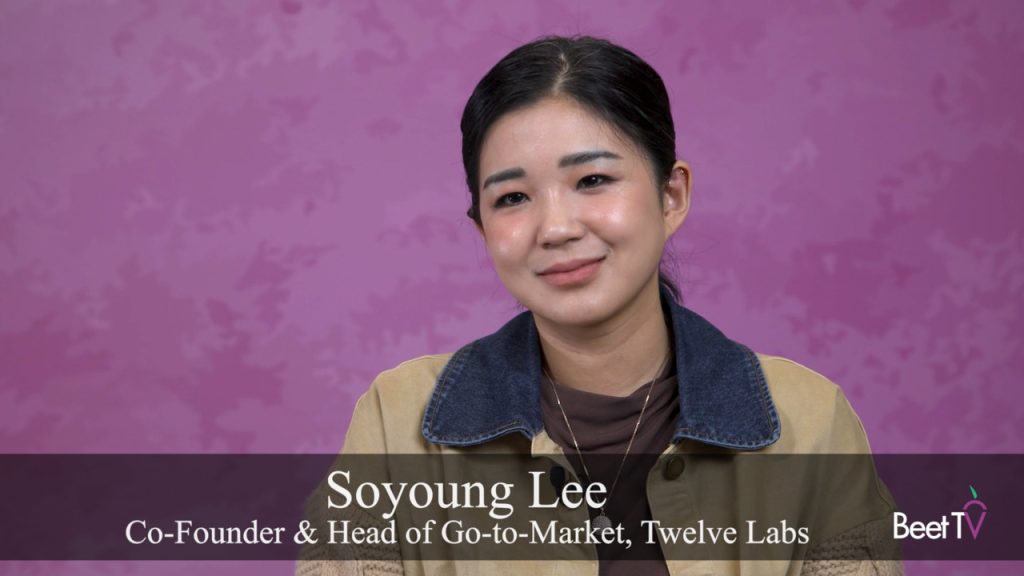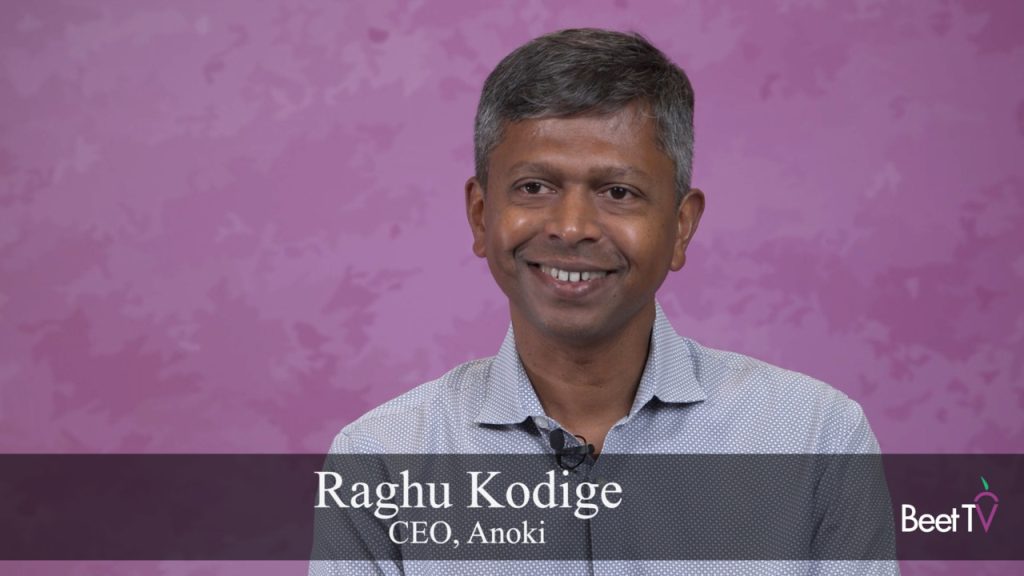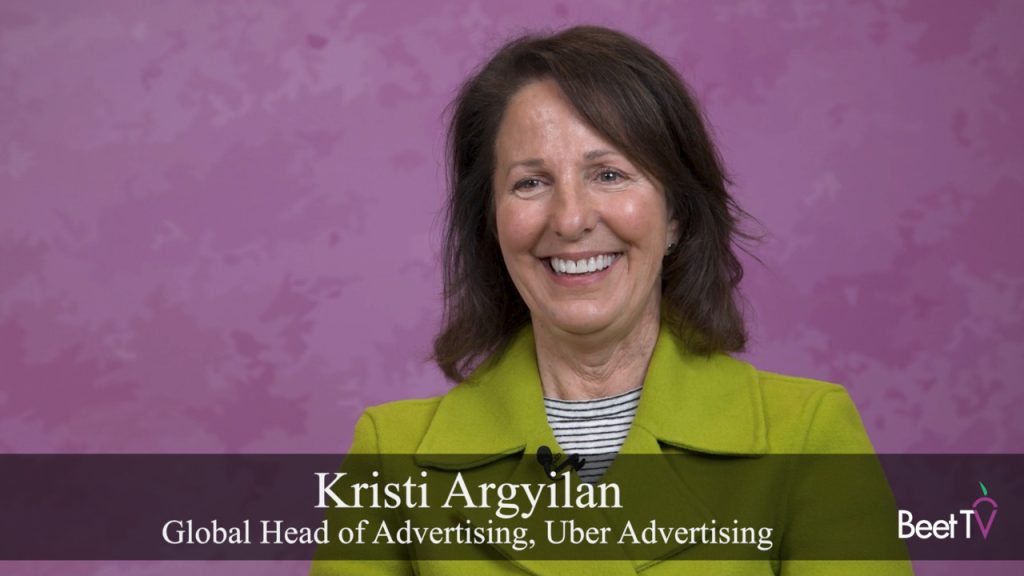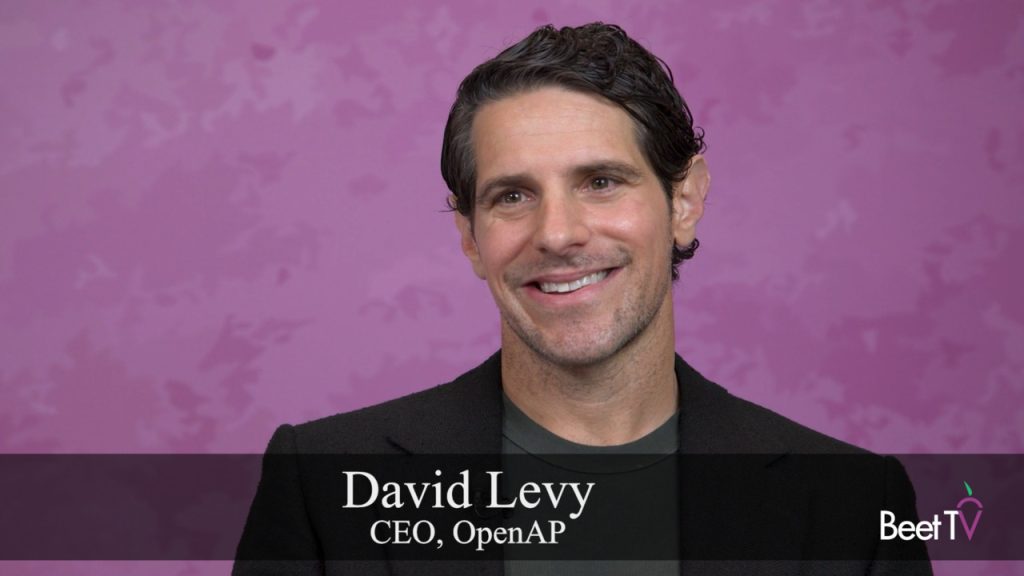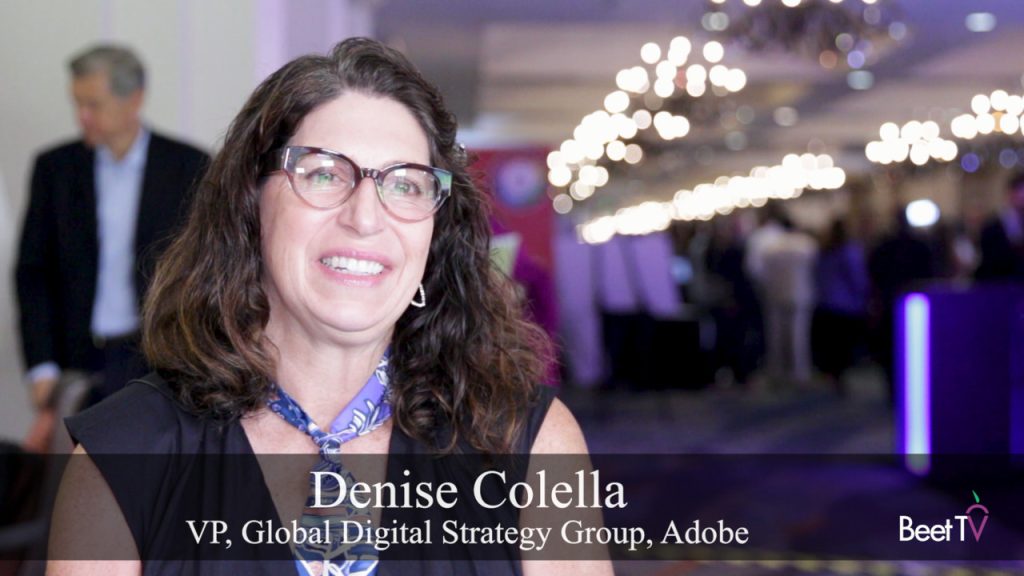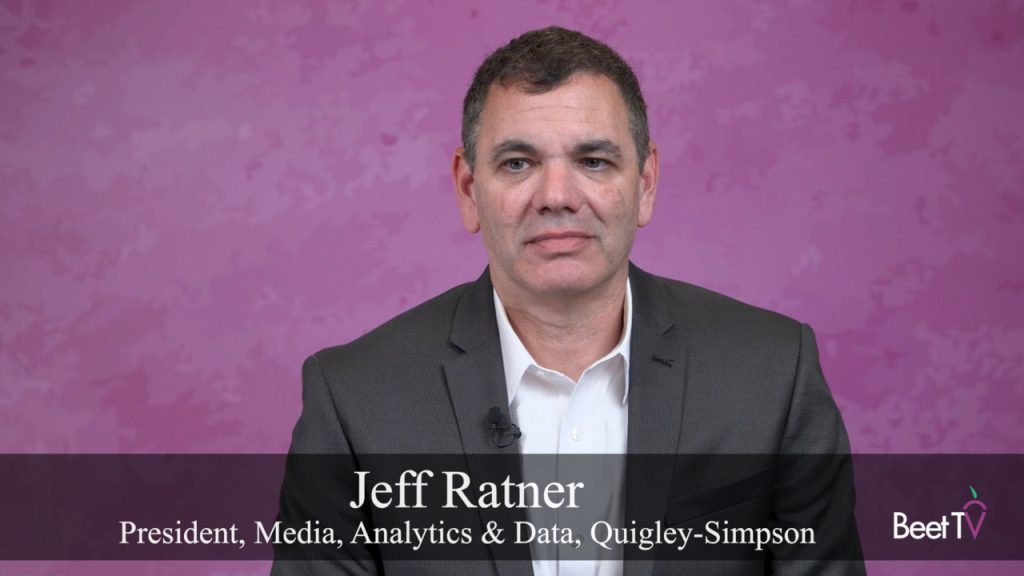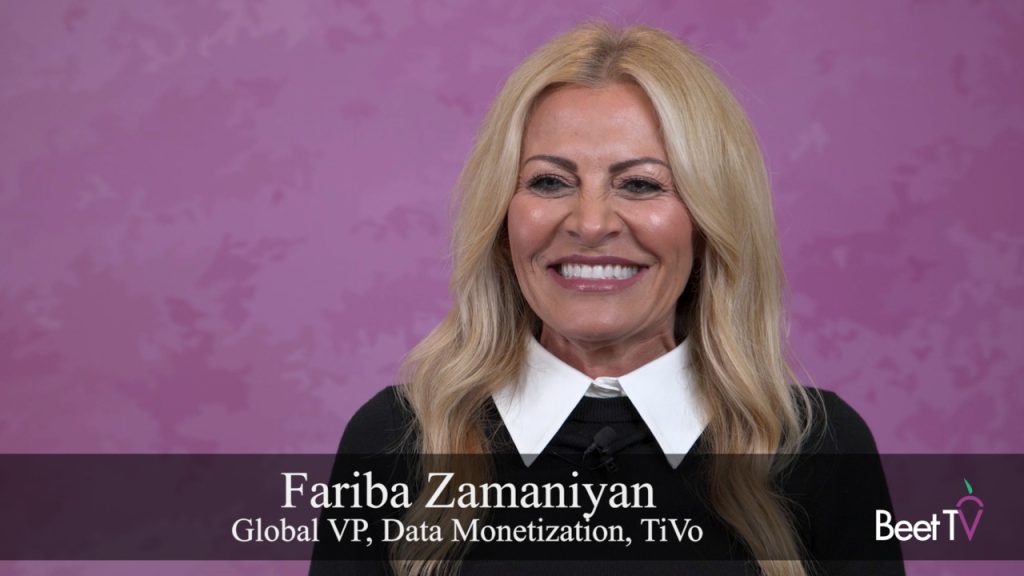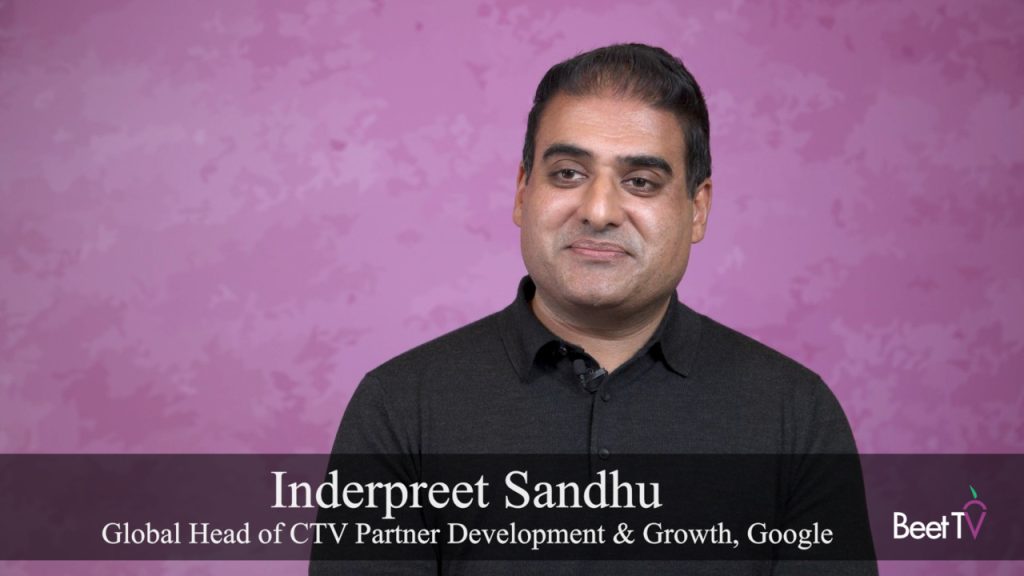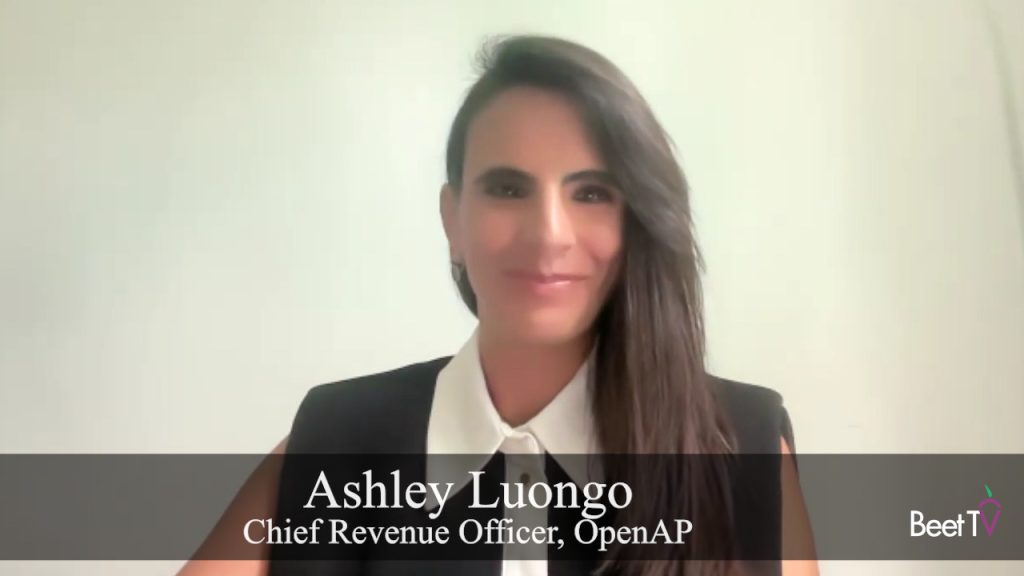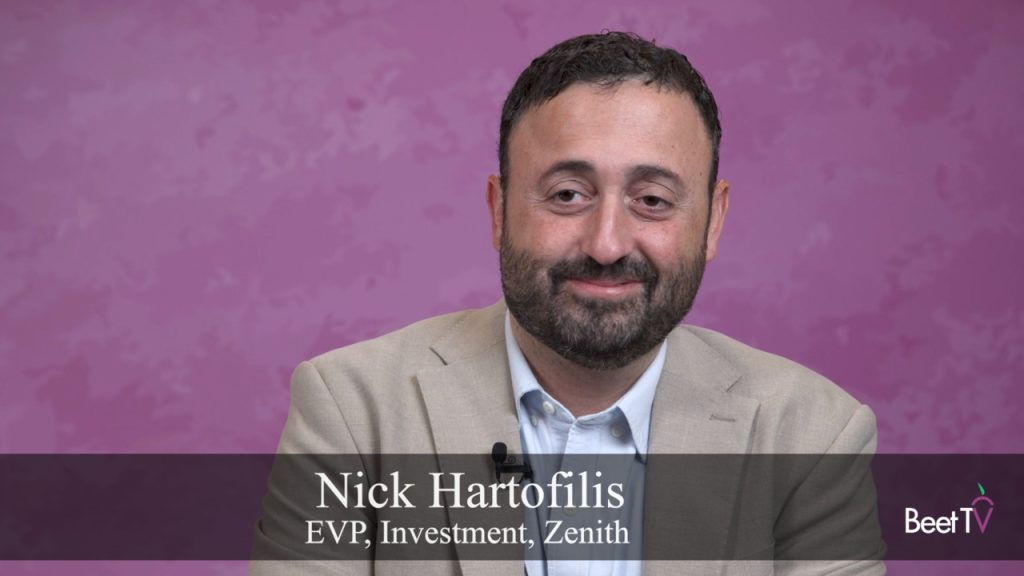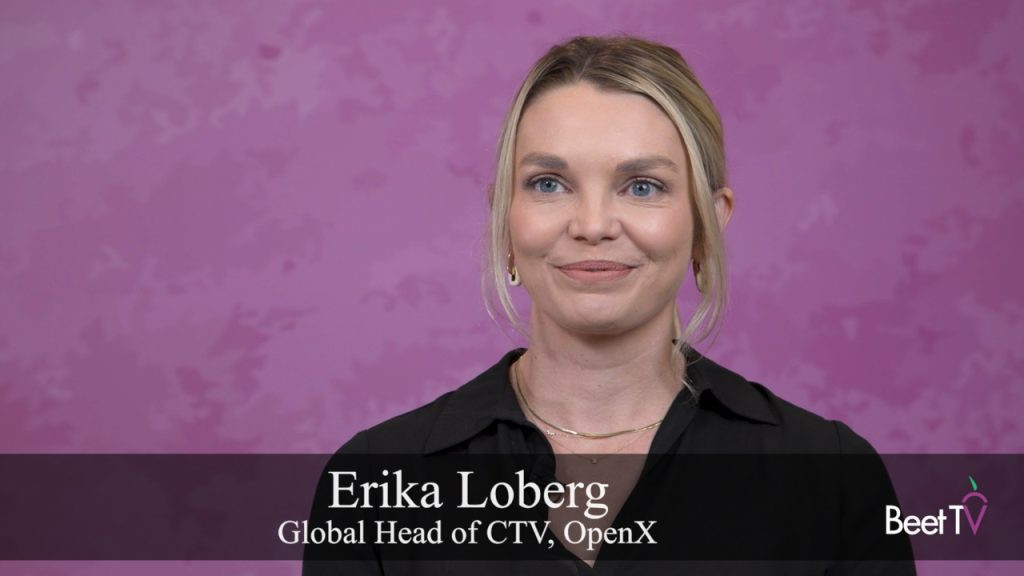SANTA MONICA, Calif. – The popularity of OpenAI’s ChatGPT app helped to demonstrate to millions of people the power of artificial intelligence — and specifically, generative AI that’s capable of creating content based on instructions in everyday language. While AI applications in the advertising business have been around for years, the technology will continue to shape how work is done.
“Artificial intelligence is going to be a part of everything that happens in the advertising industry,” Graham Wilkinson, chief innovation officer and global head of artificial intelligence at Interpublic Group’s Kinesso, said in this interview at the Beet Retreat Santa Monica with Beet.TV contributor Rob Williams.
“Now, that doesn’t mean it’s going to take over, it just means that it is going to help to augment processes. It’s going to create scale that we’ve never been able to generate before,” he said. “And it may well allow us to do some other things that we’ve not been able to do before.”
AI has a role in multiple stages of planning an advertising campaign, determining how to reach the right audiences and optimizing these steps to improve performance.
“Let’s say something’s doing particularly well in a campaign, and you want to build upon that,” Wilkinson said. “Typically, that might have taken more manual time for somebody to go and make those changes. You can make those changes at scale very, very quickly now with Gen AI.”
Understanding ‘Agentic Flows’
While Gen AI is a powerful tool, its capabilities can be improved with individual agents, or software programs designed to interact with their environment, collect data and handle tasks autonomously to achieve specific goals.
“What interests me most about agents, or what are called now these ‘agentic systems’ and ‘agentic flows’, is that it’s kind of forcing us as human beings to interrogate the way that we think,” Wilkinson said. “Because if we just take a step back, AI, it’s not great at handling lots of different tasks.”
An AI agent can be designed to focus on individual steps within a bigger project, resulting in an end product that’s much improved.
“You create a flow of those agents and you’re giving them specific tasks. The output of one is an input to the next, and so on and so forth,” Wilkinson said. “These agentic systems are key to making AI useful for what we do.”
You’re watching coverage of Beet Retreat Santa Monica 2024. This series and event is sponsored by OpenX, Publica by IAS, Snowflake & Spotter. For more videos from the series, please visit this page.






























